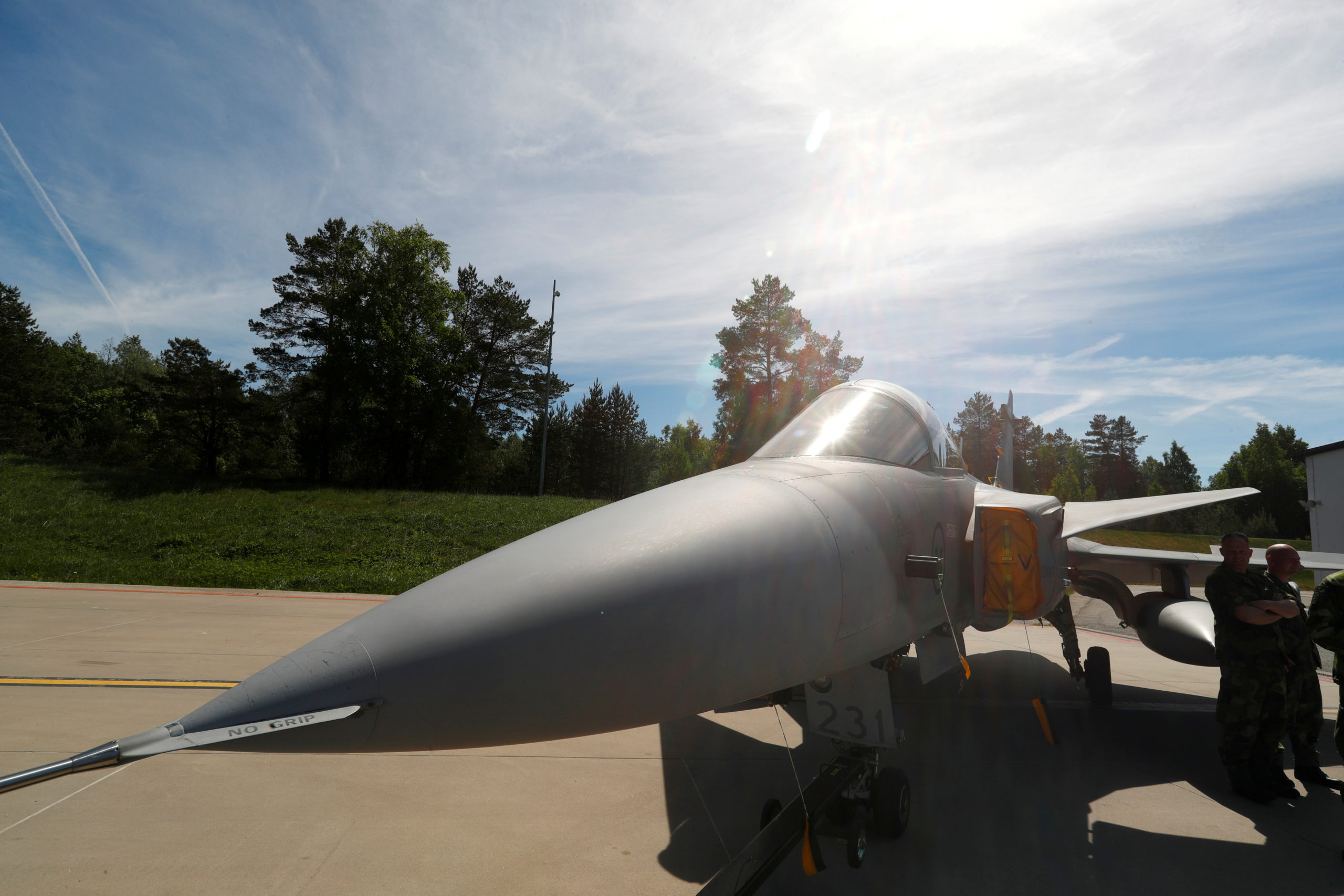Sweden boosts military spending, expands draft amid Russia tensions
Sweden is not a NATO member but has developed closer ties with the bloc.

STOCKHOLM — Sweden will boost military spending by around 40 percent over the next five years and double the numbers conscripted into the armed forces as it looks to beef up its defense amid growing tensions with Russia, the government said on Thursday.
Sweden, which is not a member of NATO but enjoys close ties with the bloc, ran down its military after the end of the Cold War to save money.
[Nordic defense ministers sign landmark security deal]
“We have a situation where the Russian side is willing to use military means to achieve political goals,” Defense Minister Peter Hultqvist told reporters. “Based on that, we have a new geopolitical security situation to deal with.”
Hultqvist said the new proposals would mean an increase in the military budget of 27.5 billion Swedish crowns ($3.10 billion) by 2025.
Increased Russian activity in the Baltic Sea region has pushed Sweden into a hasty program of rearmament, including the purchase of Patriot missiles from the United States.
Last month, Sweden protested to Moscow after two warships entered its territorial waters without permission and has repeatedly complained about Russian military planes flying too close to its own aircraft and violating Swedish airspace.
[US approves possible sale of fighter jets, missiles to Finland]
The government said the military budget would be increased successively between 2021 and 2025, and would fund an expansion of military personnel to around 90,000 from the current 60,000, including a new mechanized brigade with updated artillery.
The navy will get an extra submarine, increasing the number to five, and the corvette fleet will be updated, while both the army and air force will get upgraded weapons systems.
In addition, the draft will be expanded to 8,000 a year by 2025, up from 4,000 in 2019. Sweden ended conscription in 2010, but reintroduced compulsory military service for a limited number of men and women in 2017.
Reporting by Simon Johnson.